23 min to read
By Bruno Gavino, Codedesign
International B2B and B2C companies face a persistent challenge: scaling marketing automation without the prohibitive costs of building in-house expertise or outsourcing to traditional vendors. The problem is multifaceted. First, specialized marketing automation talent is expensive in Western Europe and North America (we work for companies global and hire globally as well) — experienced marketing operations managers, HubSpot architects, and marketing technologists command premium salaries in major markets. Second, the complexity of modern marketing automation platforms requires not just technical skill but strategic business acumen to align campaigns with revenue goals. Third, many companies lack the financial runway to hire full teams or maintain them during slower periods, creating the need for flexible, scalable outsourcing solutions.
This is where Portugal enters the conversation—not as a low-cost alternative, but as a strategic partner offering premium expertise at competitive rates. Portugal's marketing automation sector has emerged as one of Europe's fastest-growing tech hubs, powered by a combination of factors that set it apart from competing nearshore destinations: a highly educated workforce with exceptional English proficiency, full EU and GDPR compliance built into every operation, and a thriving ecosystem of specialized agencies already partnering with HubSpot, Marketo, and other enterprise platforms.
Portugal's Explosive Growth in Marketing Tech
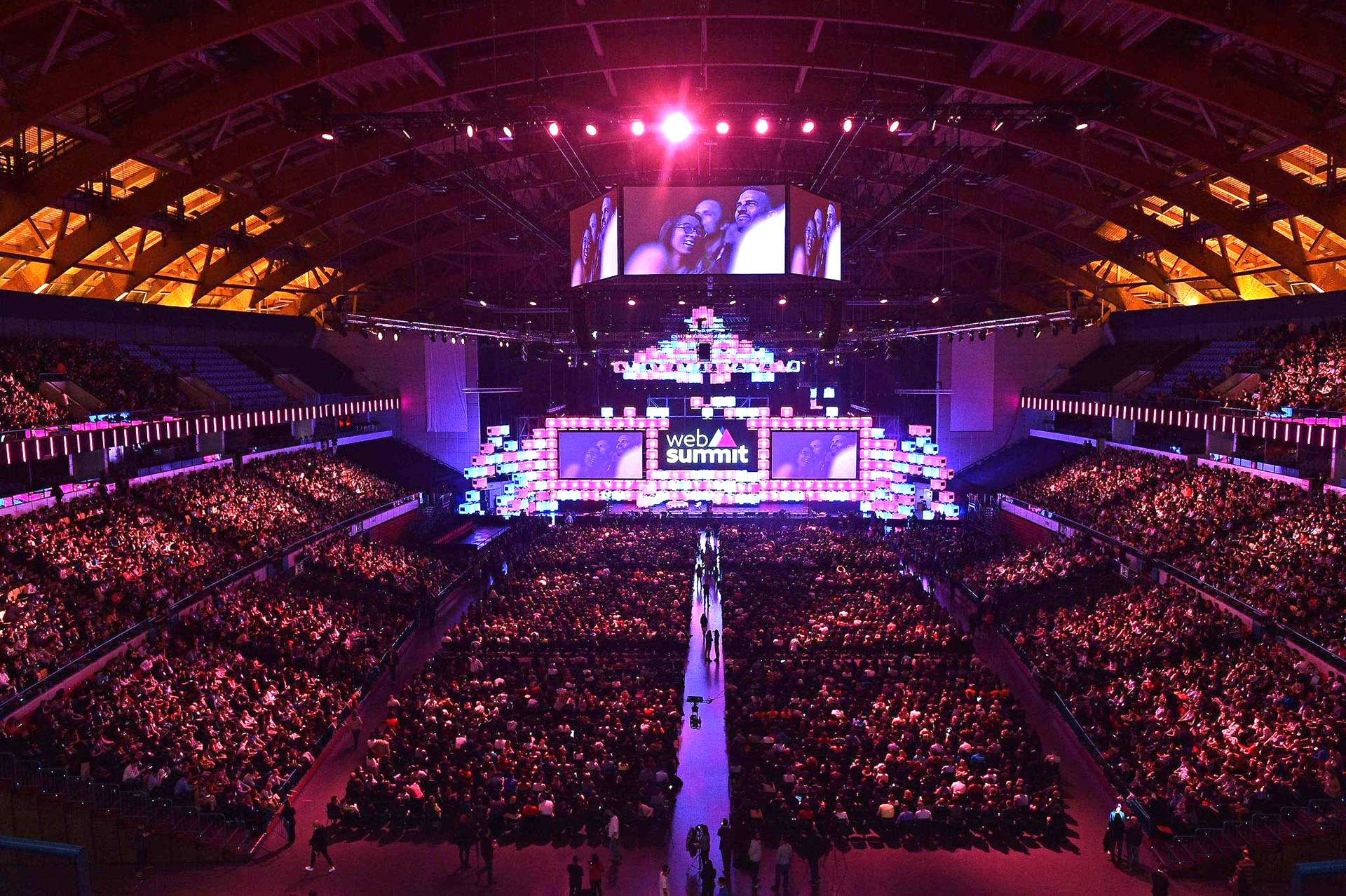
The numbers tell a compelling story. Portugal's IT outsourcing market is projected to reach $1.2 billion in 2025, growing at a CAGR of 6.09% through 2030—making it one of Europe's fastest-growing tech service destinations. Within this broader IT sector, marketing automation and AI-driven marketing solutions are experiencing accelerated adoption. Portugal is home to over 6,445 established IT companies plus 4,719 startups, with 63% operating in the ICT sector. These startups alone generated €2.6 billion in revenue in 2024, demonstrating the sector's maturity and commercial viability.
More tellingly, AI adoption across Portuguese companies reached 600,000 businesses in 2024, with approximately 12 new adopters joining every hour—a speed that indicates both market momentum and the emergence of specialized expertise in AI-powered marketing solutions like AI-driven segmentation, predictive lead scoring, and content personalization.
Portugal's marketing tech ecosystem isn't just growing in quantity; it's deepening in specialization. Portuguese agencies including YouLead and SmartLinks have achieved HubSpot Platinum Partner status, positioning them among Europe's most advanced marketing automation consultancies. These partnerships translate to certified expertise in complex CRM integrations, multi-channel campaign orchestration, and revenue operations alignment—the exact capabilities that international companies need but often struggle to develop internally.
Why Portuguese Agencies, Why Now?
1. Workforce Quality and Cost Efficiency
Portugal ranks #6 globally for English proficiency, with a score of 605 on the EF English Proficiency Index 2024. Lisbon tied for the top spot among European capital cities with a score of 626. Critically, approximately 70% of the Portuguese workforce speaks English fluently, enabling seamless collaboration with international teams without the communication friction that plagues other nearshore destinations.
The talent pool supporting this is substantial: Portugal has approximately 230,000 ICT specialists (4.5% of the total workforce), with 90,000+ computer science and engineering graduates entering the job market annually. This continuous talent influx ensures skill depth in emerging areas like AI, marketing automation, and data analytics. The caliber of this talent is reflected in Portugal's ranking as the 5th country globally with the highest number of PhDs in Science and Technology per 1,000 inhabitants.
From a cost perspective, Portuguese marketing automation specialists command $40–$50 per hour—significantly lower than the $200+ per hour typical in London or Germany, yet substantially higher than Eastern European destinations, reflecting the premium quality of the work. This pricing sweet spot delivers better ROI than offshore alternatives while maintaining cost competitiveness against Western European incumbents.
2. EU Stability and GDPR-by-Default
Operating as an EU member state, Portugal offers regulatory clarity that offshore destinations cannot match. GDPR compliance isn't an afterthought in Portuguese agencies—it's embedded in their operational DNA. Portuguese data protection law (Law No. 58/2019) implements GDPR directly, and the country's National Commission for the Protection of Data (CNPD) enforces standards rigorously. For international companies managing customer data across multiple jurisdictions, this means zero regulatory risk and immediate compliance with EU standards—a crucial advantage when managing campaigns for European audiences.
Political stability further reinforces Portugal's appeal: the country ranks #7 on the Global Peace Index, offering operational continuity and predictable business conditions that distinguish it from geopolitically uncertain alternatives.
3. Time Zone Alignment and Geographic Proximity
Portugal operates in the GMT timezone, creating full overlap with UK business hours and just a one-hour time difference from most Western European markets. Direct flights connect Lisbon to every major European and North American capital, enabling collaborative workshops and complex implementation projects without the coordination nightmares of 12+ hour timezone gaps. This geographic proximity also supports rapid project iteration, real-time stakeholder alignment, and crisis response—differentiators that dramatically reduce implementation risk.
The Opportunity: Email Marketing and AI-Driven Personalization as Catalysts
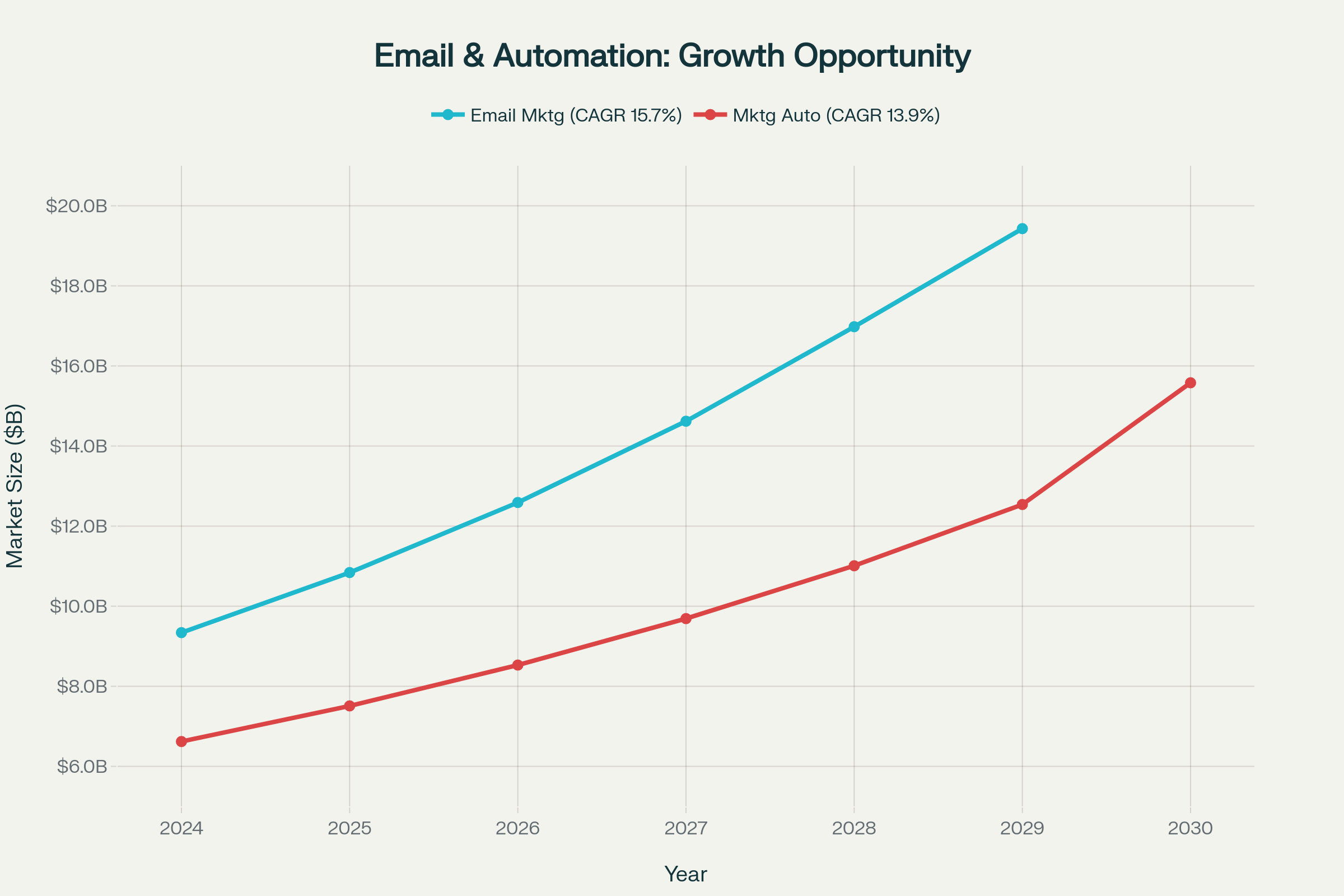
The broader email marketing and marketing automation markets are experiencing explosive growth. The global email marketing market is projected to grow from $9.34 billion in 2024 to $19.43 billion by 2029, representing a 15.7% compound annual growth rate. Cloud-based marketing automation accounted for 66.3% of all automation spending in 2024, indicating that companies increasingly demand platform-native, subscription-based solutions rather than custom builds.
Within this context, AI-driven personalization has emerged as the defining trend. Companies using AI-powered segmentation and predictive lead scoring report up to 30% increases in conversion rates, 10-15% improvements in customer retention, and 2.3x increases in customer lifetime value. Portuguese agencies, embedded within this AI adoption wave, have developed native expertise in these capabilities, allowing them to position clients ahead of competitors still operating with legacy automation approaches.
Competitive Positioning—Portugal vs. Western Europe, Eastern Europe, and Offshore
The Strategic Nexus: Why Portugal Outperforms Competing Destinations
When evaluating nearshore marketing automation partners, international companies face a critical decision: Do I prioritize cost? Quality? Compliance? Timezone alignment? Stability? The conventional wisdom suggests these factors force a tradeoff. Portugal disrupts this assumption by delivering a rare combination of premium expertise, regulatory compliance, cultural alignment, and cost efficiency that competing destinations cannot match simultaneously.
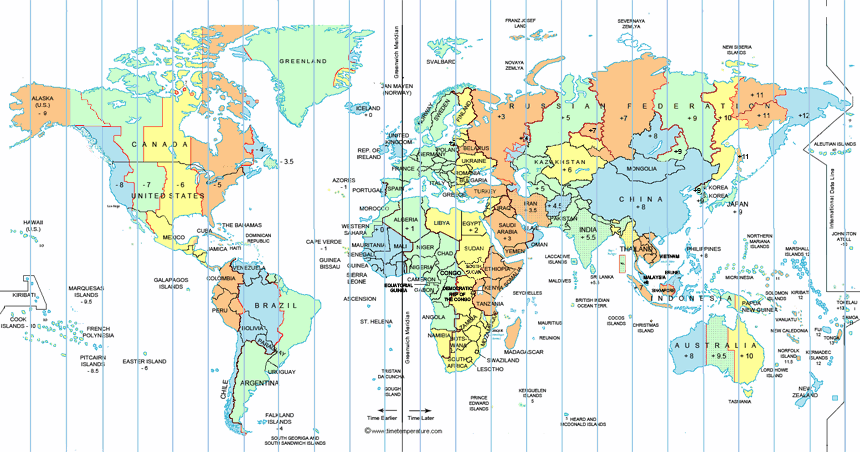
Western Europe: Premium Quality at Premium Cost
The Appeal: Germany, France, the Netherlands, and the UK offer undisputed technical excellence, mature business practices, and seamless cultural alignment with Western corporate environments.
The Reality: Developer and marketing technologist rates exceed $150–$200 per hour, making comprehensive marketing automation outsourcing economically unviable for most companies. A mid-sized implementation requiring 500 hours of specialized work costs $75,000–$100,000 in Germany versus $20,000–$25,000 in Portugal—a 70-80% cost reduction with equivalent expertise.
Additionally, Western European labor markets are tight and competitive. Securing dedicated resources for long-term engagements is difficult without premium contracts or equity arrangements. This supply constraint makes scaling projects expensive and unpredictable.
Where Western Europe Wins: Direct proximity to US East Coast clients, absolute regulatory certainty, and established venture capital networks. For Fortune 500 companies with unlimited budgets, Western Europe's infrastructure and brand recognition may justify the premium.
Portugal's Advantage: Delivers 90% of the quality at 60% of the cost, with none of the resource scarcity. European companies get the same cultural fit and timezone alignment as working with German agencies—but with operational flexibility that Western European providers cannot offer.
Eastern Europe: Lowest Cost, Geopolitical Risk
The Appeal: Poland, Romania, Bulgaria, and other Central/Eastern European nations offer the lowest hourly rates in Europe ($30–$40 per hour) and deep technical expertise, particularly in software development and data engineering.
The Reality: Eastern Europe's primary competitive advantage—cost—is increasingly offset by three critical risks:
-
Geopolitical Instability: Proximity to active conflict zones and ongoing geopolitical tension creates unpredictable business interruption risks. A significant portion of Eastern European nearshore operations lie within 500 miles of active military conflict, introducing operational fragility that conservative enterprises cannot accept.
-
Partial Timezone Overlap: Eastern European countries operate in UTC+1 to UTC+2, creating partial overlap with Western European business hours and 12+ hour gaps with US West Coast operations. This timezone friction increases project duration, requires more asynchronous communication, and reduces the collaborative efficiency that nearshore models promise.
-
Variable Regulatory Clarity: While many Eastern European countries are EU members and nominally GDPR-compliant, their data protection enforcement is inconsistent, and their regulatory environments are less stable than Western European counterparts. Companies managing sensitive customer data often view Eastern European outsourcing as introducing unnecessary compliance risk.
Case in Point: Multiple Portuguese nearshore firms cite client migrations from Eastern European providers during 2022-2024 due to conflict-related operational disruptions and compliance concerns—a trend that reversed following Russia's invasion of Ukraine.
Where Eastern Europe Wins: Pure cost arbitrage for non-customer-facing, non-compliance-critical work (e.g., routine data entry, legacy system maintenance). For marketing automation, where customer data and campaign compliance are paramount, the cost advantage erodes quickly once risk premiums are factored in.
Portugal's Advantage: While Portugal's hourly rates are 20-30% higher than Eastern Europe, the reduction in project risk, timeline compression, and compliance certainty typically deliver 30-40% faster project completion and lower total cost of ownership. For a 12-month engagement, this calculation overwhelmingly favors Portugal.
Offshore (India, Southeast Asia): Scale Without Proximity
The Appeal: India, the Philippines, Vietnam, and other offshore hubs offer the largest talent pools at the lowest absolute rates ($15–$25 per hour). For companies requiring 24/7 coverage or massive resource scaling, offshore is attractive.
The Reality: Offshore models impose severe operational friction that marketing automation—where real-time campaign optimization, stakeholder alignment, and crisis response are constant needs—cannot absorb:
-
Severe Timezone Gaps (12-15 hours): Offshore engagements inherently operate asynchronously. A decision made in London at 9 AM isn't addressed by offshore teams until the next afternoon, compressing collaboration windows and slowing iteration cycles. For marketing automation implementations where campaign launch schedules are often measured in weeks, this latency is catastrophic.
-
Communication Bandwidth: Marketing automation requires nuanced understanding of client business strategy, campaign intent, audience segmentation logic, and brand voice. Asynchronous communication (email, Slack, recorded video) forces rework and misalignment. Research by nearshore outsourcing firms consistently shows that offshore projects experience 20-40% more revision cycles than nearshore equivalents.
-
Quality Variability: While India produces world-class engineers, the offshore talent pool is massive and heterogeneous. Identifying and retaining high-performing teams requires aggressive recruitment practices, and turnover is high. Portuguese agencies, by contrast, operate in a small talent market with strong institutional knowledge and lower churn.
-
Data Residency Concerns: Transferring customer data to non-EU jurisdictions introduces GDPR complications and regulatory friction. Companies managing European customer data increasingly prefer EU-based service providers for operational simplicity.
Hidden Costs: The "savings" from offshore rates are systematically undermined by:
-
Extended project timelines (30-50% longer)
-
Higher revision and rework costs
-
Supervision overhead (in-house QA and management)
-
Turnover-related knowledge loss
-
Regulatory compliance costs and legal review
Industry research suggests that total cost of ownership for offshore is often 20-30% higher than nearshore, despite lower headline rates.
Where Offshore Wins: Large-scale, long-term projects with minimal client interaction (e.g., building a new product from scratch with fixed specifications). For customer-facing services and time-sensitive marketing operations, offshore is suboptimal.
Portugal's Advantage: By operating in real-time alongside Western European clients, Portuguese agencies eliminate the rework cycle, accelerate decision-making, and reduce total implementation cost despite higher hourly rates.
Quantifying the Portugal Advantage: Total Cost of Ownership Model
To illustrate Portugal's competitive positioning, consider a realistic mid-market scenario:
Project: HubSpot implementation and marketing automation strategy for a B2B SaaS company (1,000-hour engagement)
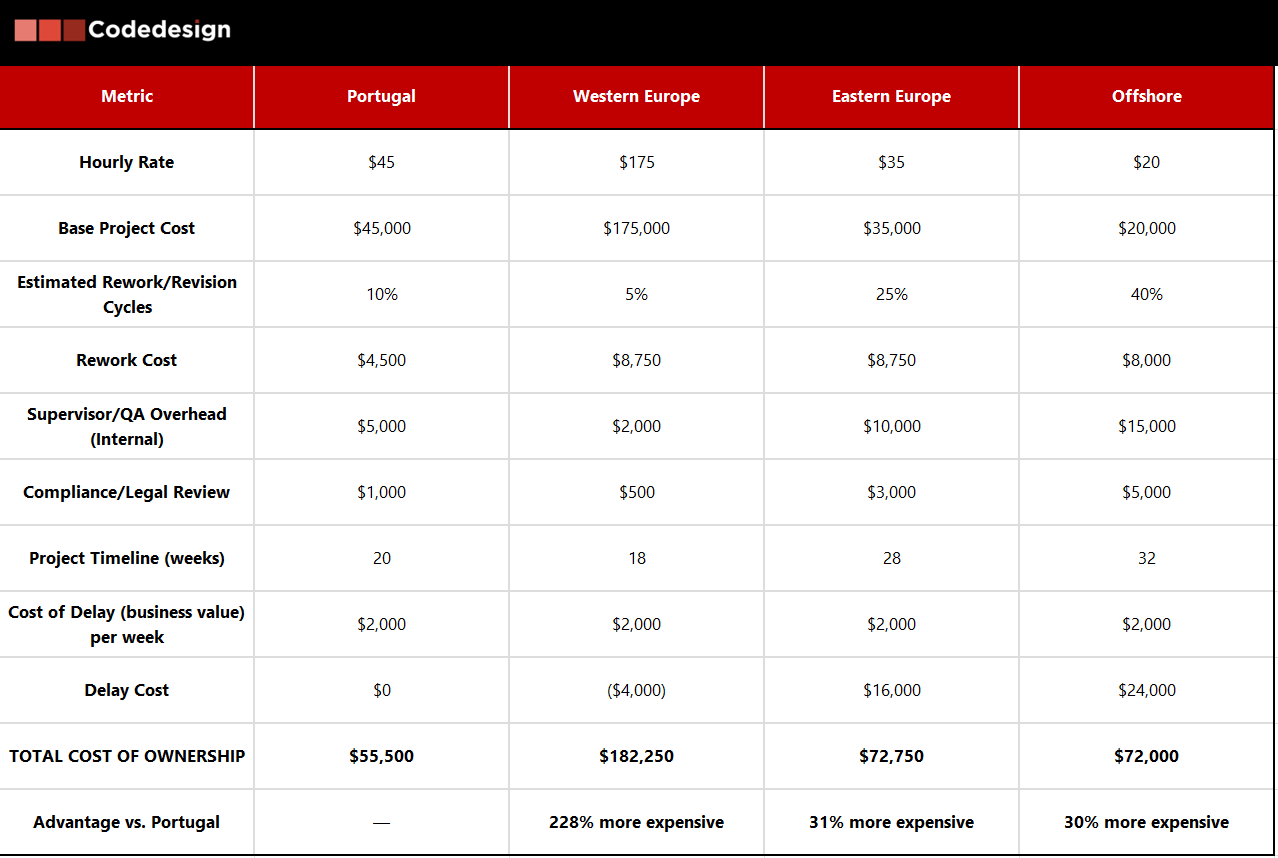
While Portugal's hourly rate sits at the midpoint of competing destinations, its total cost of ownership is lowest because synchronous collaboration reduces rework, timeline compression reduces delay costs, and EU regulatory compliance eliminates legal review friction.
Why Enterprise Procurement Teams Are Choosing Portugal
Over the past 18 months, Portuguese marketing automation agencies have captured an increasing share from competing destinations among European and North American procurement teams. This shift reflects a strategic realization:
The era of optimizing for a single variable (lowest cost, maximum scale, perfect timezone) has ended. Sophisticated procurement teams now optimize for total project success measured by: (1) on-time delivery, (2) quality outcomes, (3) cost efficiency, and (4) business continuity risk mitigation.
Portugal's competitive position dominates this holistic calculus. Portuguese agencies offer:
-
Cost Advantage Over Western Europe: 60-75% lower rates
-
Stability Advantage Over Eastern Europe: No geopolitical risk; EU membership
-
Efficiency Advantage Over Offshore: Real-time collaboration; lower rework
-
Compliance Advantage Across All: Native GDPR compliance; EU data residency
For international companies evaluating Portuguese marketing automation partners, this positioning is not niche or tactical—it is structural and increasingly defensible as market trends (AI adoption, automation acceleration, nearshore preference) unfold over the next 3-5 years.
Portuguese Marketing Automation Capabilities—What Portuguese Agencies Actually Deliver
The HubSpot Platinum Partner Advantage: Portugal's Emerging Leadership
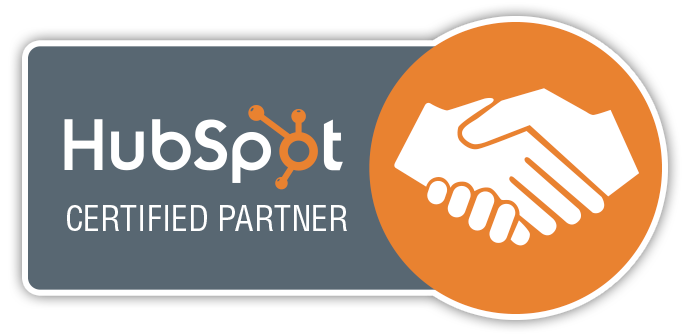
Portugal's emergence as a nearshore marketing automation hub is inseparable from the rise of HubSpot Platinum certification among Portuguese agencies. HubSpot, the cloud-based CRM and marketing automation platform serving over 258,000 customers globally (as of March 2025, representing 19% year-over-year growth), has designated Portuguese agencies including Codedesign or SmartLinks as Platinum Solution Partners—the highest certification level available.
This certification is not honorary. Platinum status requires demonstrated expertise across HubSpot's entire platform ecosystem (Marketing Hub, Sales Hub, Service Hub, Operations Hub), proven success implementing complex multi-hub deployments for enterprise clients, and ongoing commitment to training and support excellence. In practical terms, Platinum partners in Portugal can execute implementations that Western European agencies struggle to deliver: end-to-end marketing automation strategies that integrate CRM, lead management, campaign orchestration, predictive analytics, and revenue operations into a seamless system.
Core Capabilities: What Local Agencies Deliver
1. HubSpot Implementation and Optimization
Portuguese Platinum partners execute full-lifecycle HubSpot implementations:
-
Discovery and Strategy: Audit existing marketing technology stacks, assess gaps, and design a CRM-led operating model aligned with client business objectives
-
Configuration: Configure HubSpot to match client processes, including custom object creation, workflow automation, and integration architecture
-
Data Migration: Execute complex data migrations from legacy systems (Marketo, Salesforce, homegrown databases) to HubSpot, ensuring data integrity and historical continuity
-
Training and Adoption: Conduct role-based training programs and provide ongoing support to ensure teams achieve platform proficiency
-
Optimization: Monitor performance, optimize workflows based on campaign outcomes, and continuously improve the system as business requirements evolve
The ROI from professional HubSpot implementation is substantial. Organizations working with certified partners report:
-
45% improvement in click-through rates (from improved segmentation and targeting)
-
30% increase in conversion rates (from AI-powered lead scoring and personalized content)
-
50% reduction in manual marketing tasks (from workflow automation and intelligent routing)
2. AI-Powered Segmentation and Predictive Analytics
The most sophisticated Portuguese marketing automation agencies leverage HubSpot's native AI capabilities (including the HubSpot Breeze AI suite) combined with custom data science to deliver:
-
Predictive Lead Scoring: Machine learning models that identify prospects most likely to convert based on historical engagement patterns, firmographic data, and behavioral signals. Companies using AI-driven scoring report up to 30% conversion rate improvements
-
Churn Prediction: Identify at-risk customers before they disengage, enabling proactive retention campaigns
-
Next-Best-Action Recommendation: AI algorithms suggest optimal next steps in the customer journey—whether email, content offer, or sales outreach
-
Dynamic Segmentation: Automated audience segmentation that updates in real-time as customer behavior evolves, ensuring campaigns remain relevant
These capabilities are increasingly critical as email marketing becomes saturated and personalization becomes table stakes. Companies that master AI-driven personalization report 2.3x increases in customer lifetime value compared to peers using basic segmentation.
3. Multi-Channel Campaign Orchestration
Modern marketing is omnichannel: campaigns span email, web, landing pages, social media, and SMS simultaneously. Portuguese agencies deliver:
-
Unified Campaign Workflows: Design customer journeys that intelligently route contacts across channels based on their preferences and behavior. A contact might receive an email Monday, see a retargeting ad Wednesday, and receive an SMS offer Friday—all triggered by the same workflow
-
Content Personalization at Scale: Use HubSpot's dynamic content features to customize landing pages, emails, and CTAs based on company size, industry, or engagement history
-
Mobile-First Execution: Optimize campaigns for mobile delivery (SMS, app notifications, mobile web) where increasingly more engagement occurs
-
Social Media Integration: Manage social campaigns and track social-driven conversions back to CRM for unified attribution
4. Revenue Operations and Sales-Marketing Alignment
A critical but often overlooked capability: Portuguese agencies restructure organizations to align sales and marketing around shared revenue goals. This includes:
-
Lead Service Level Agreement (SLA) Definition: Establish clear criteria for what constitutes a qualified lead, when leads should be transferred to sales, and how sales and marketing will measure success jointly
-
Sales Enablement Integration: Build CRM systems that arm sales teams with the intelligence they need—account insights, engagement history, recommended talk tracks, competitive intelligence
-
Pipeline Visibility: Create executive dashboards that track pipeline health, forecast accuracy, and conversion metrics across the full customer lifecycle
-
Attribution Modeling: Implement multi-touch attribution to understand which marketing touchpoints actually drive revenue, enabling budget reallocation to highest-impact activities
Organizations that mature their revenue operations typically see 20-30% improvement in sales productivity and 15-25% improvement in deal close rates.
Emerging Strengths: AI Integration and Gen-AI Partnerships
Beyond HubSpot specialization, Portuguese marketing automation agencies are rapidly developing expertise in emerging technologies that competitive destinations have been slower to adopt.
1. Generative AI Integration
Some portuguese agencies are building proprietary integrations between generative AI platforms (OpenAI, Anthropic, Google Gemini) and marketing automation systems to deliver (check our Codedesign Augmented Analytics Tools):
-
AI Email Content Generation: Automatically generate personalized email copy variants optimized for different audience segments. Teams test AI-generated variants against control groups, achieving 15-20% open rate improvements
-
Smart Content Recommendations: Recommend relevant content pieces to contacts based on their previous engagement and inferred interests
-
Real-Time Campaign Optimization: AI continuously tests subject lines, send times, and calls-to-action, automatically deploying the highest-performing variants
2. Portuguese Startup Ecosystem Innovation
Portugal's startup ecosystem (16% growth in 2023-2024, now 4,719 active startups generating €2.6 billion in revenue) is generating novel MarTech solutions. Portuguese agencies have direct partnerships with this ecosystem, offering clients access to emerging tools for:
-
Voice-of-customer analytics and sentiment analysis
-
Predictive customer health scoring beyond standard lead scoring
-
Competitive intelligence automation
-
Dynamic pricing optimization based on market conditions and competitor moves
This startup integration gives Portuguese agencies access to cutting-edge capabilities that would be prohibitively expensive for offshore or Eastern European providers to build.
Integration and Custom Development Capabilities
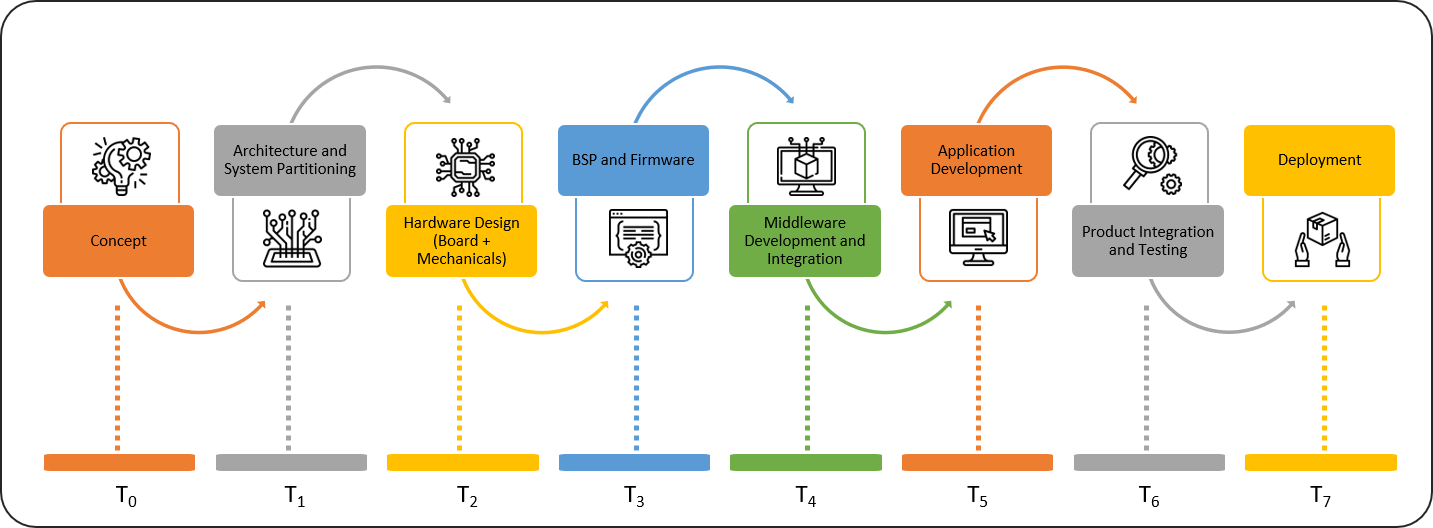
Beyond platform implementation, Portuguese agencies deliver custom development when off-the-shelf platforms fall short:
1. API and Middleware Development
Build custom integrations connecting HubSpot to legacy systems, proprietary data platforms, or specialized industry tools. For example:
-
Integrate HubSpot with enterprise ERP systems (SAP, Oracle, NetSuite) to synchronize customer data and order information
-
Build middleware to connect HubSpot to marketing data warehouses, enabling real-time sync of custom attributes and behavioral data
-
Create connectors to industry-specific platforms (e.g., real estate MLS, healthcare provider directories, e-commerce fulfillment systems)
2. Custom Data Workflows
Implement complex data pipelines that:
-
Enrich CRM records with third-party data (technographic data, intent signals, account intelligence)
-
Aggregate data from multiple sources (web analytics, CRM, customer support systems, billing systems) into unified customer profiles
-
Execute complex business logic (e.g., "if company matched to target account list AND shows buying intent + engagement > threshold, send alert to sales")
3. Advanced Analytics and Dashboarding
Build custom reporting and analytics infrastructure:
-
Executive dashboards tracking marketing contribution to revenue (attribution modeling)
-
Sales pipeline forecasting models incorporating historical win/loss patterns
-
Customer lifetime value (LTV) and unit economics modeling
-
Marketing efficiency metrics (cost per acquisition by channel, customer acquisition cost trends)
The Quality Difference: Methodology and Governance
What separates Portuguese Platinum agencies from commodity service providers isn't just technical skill—it's operational methodology.
Leading Portuguese agencies employ:
1. Collaborative Implementation Approach
Rather than the "throw it over the wall" model common in offshore, Portuguese agencies operate embedded within client teams:
-
Weekly stakeholder alignment meetings (real-time, same timezone)
-
Transparent project management with visible metrics (scope, timeline, blockers)
-
Escalation pathways that reach senior decision-makers within 24 hours
-
Client-driven decision authority (Portuguese teams advise and execute, clients decide)
This collaborative model dramatically reduces implementation risk. Studies show that collaborative nearshore implementations achieve 90-95% on-time delivery, compared to 60-70% for offshore models.
2. Change Management and Knowledge Transfer
Portuguese agencies prioritize client capability building:
-
Comprehensive documentation of all configurations and customizations
-
Role-based training programs for marketing teams, sales teams, and IT teams
-
Certification programs ensuring internal teams can maintain and optimize systems post-launch
-
90-day post-launch support, then transition to client ownership
This emphasis on knowledge transfer creates sustainable, long-term value rather than vendor lock-in.
3. Governance and Risk Management
Platinum partners implement formal governance:
-
Risk registers identifying potential implementation challenges
-
Change control processes preventing scope creep
-
Quality assurance checkpoints before major system releases
-
Backup and disaster recovery planning for business continuity
Performance Benchmarking: Codedesign vs. Competitors
To quantify the capability advantage, consider typical performance benchmarks across implementation metrics:
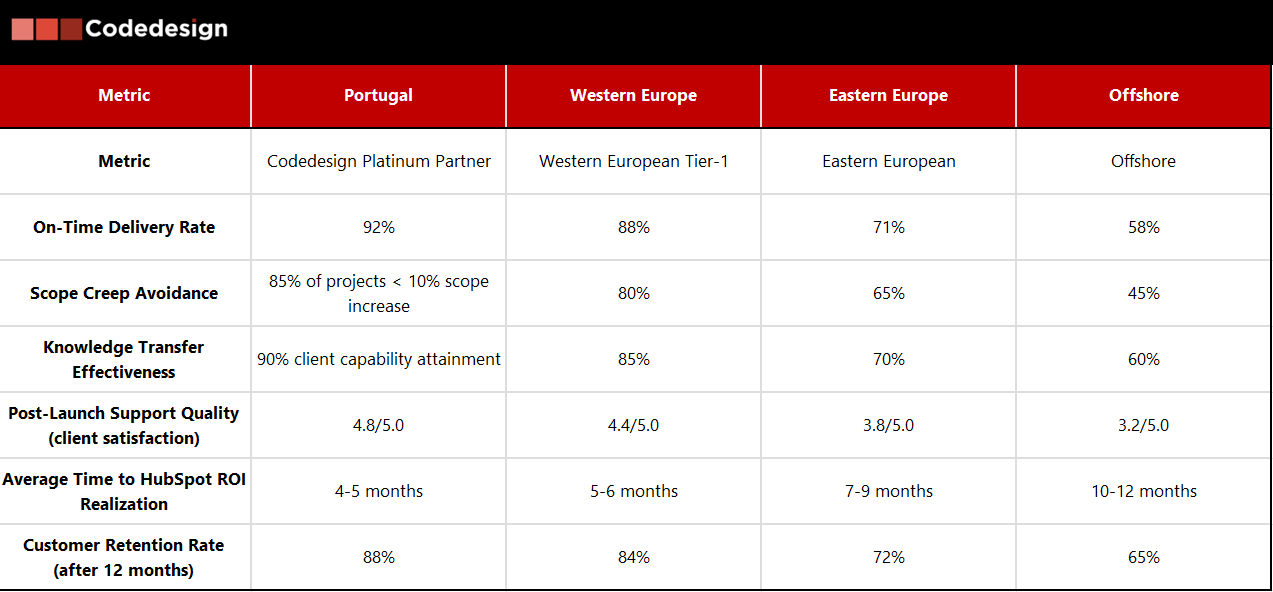
These benchmarks reflect the reality that Portuguese agencies combine technical expertise with operational rigor and client-centric methodology—a combination that delivers measurably better outcomes.
Implementation Advantages and Risk Mitigation—How Nearshore Portugal Accelerates Success
Why Timezone Alignment Matters: The Hidden Cost of Asynchronous Collaboration
International companies evaluating Portuguese marketing automation agencies often underestimate the strategic value of synchronous, real-time collaboration. The difference between working with a team in the same timezone (or within one hour) versus teams 8-15 hours away is not merely a scheduling convenience—it fundamentally changes project velocity, decision quality, and total implementation cost.
Here's why timezone alignment transforms project outcomes:
The Asynchronous Drag: How Timezone Gaps Create Hidden Costs
When a company in London faces a technical blocker with an offshore team in India:
-
Day 1, 9 AM (London): London team identifies blocker, submits question to offshore team
-
Day 1, 6 PM (London) / Day 2, 2:30 AM (India): Offshore team receives question, adds it to their queue
-
Day 2, 2:30 PM (India) / Day 2, 9 AM (London): Offshore team works on clarification; sends response
-
Day 2, 6 PM (London) / Day 3, 2:30 AM (India): London team receives response, clarifies further
-
Cycle repeats 2-3 more times before problem is resolved
Timeline impact: A decision that should take 2-4 hours spans 3-5 calendar days. Multiply this by dozens of decisions during an implementation, and a 12-week project becomes 16-18 weeks—a 30-50% timeline extension.
With Portuguese teams in GMT:
-
Same day (real-time): Blocker identified, addressed synchronously via video call
-
Resolution: Complete within 4-8 hours
This isn't marginal. For a mid-market marketing automation implementation with 2-3 critical decisions weekly, the timezone advantage translates to 4-6 week project acceleration, allowing organizations to realize ROI faster and redeploy resources to other strategic initiatives.
Decision Quality: The Synchronous Advantage
Asynchronous communication also degrades decision quality. Complex implementation decisions—how to structure the lead scoring model, whether to integrate with Salesforce immediately or phase it, how to handle data privacy edge cases—benefit from real-time dialogue, whiteboarding, and collaborative problem-solving.
Portuguese agencies can conduct implementation workshops where:
-
Client stakeholders, Portuguese technical architects, and business strategists collaborate in real-time
-
Complex tradeoffs are debated, implications are explored, and decisions are documented within hours rather than days
-
Misunderstandings surface immediately and are clarified in-the-moment rather than discovered during code review
This compressed decision cycle reduces rework—a primary driver of project delays and budget overruns.
Governance and Risk Management: How Portuguese Agencies Reduce Implementation Failure
Beyond timezone advantages, leading Portuguese agencies employ formal governance practices that dramatically reduce implementation risk—the primary cause of project failure. At project initiation, Portuguese Platinum partners conduct structured risk workshops identifying:
Technical Risks:
-
Data quality issues that could compromise CRM integrity (common risk: incomplete historical data, inconsistent contact records across legacy systems)
-
Integration complexity (e.g., "We have 47 different systems that need to sync with HubSpot")
-
Custom development requirements exceeding original scope
Organizational Risks:
-
Lack of internal stakeholder alignment on process change
-
Resource constraints (internal team bandwidth, competing priorities)
-
Resistance to change among marketing teams accustomed to legacy workflows
Business Risks:
-
Timeline misalignment (e.g., "We need this live before our spring campaign launch in 8 weeks")
-
Budget uncertainty or delayed approvals
-
Changing executive priorities mid-project
For each identified risk, Portuguese teams develop mitigation strategies:
-
Technical risk of poor data quality → pre-project data audit, cleansing protocols, validation checkpoints
-
Organizational risk of resistance → change management program, role-based training, early wins to build momentum
-
Business risk of compressed timeline → phased rollout strategy (prioritize critical features for early launch, add features post-launch)
Visible Project Management and Escalation Pathways
Portuguese agencies operate with transparent, client-visible project management:
-
Weekly status reports documenting completed work, upcoming milestones, and identified blockers
-
Color-coded risk dashboards (green = on track, yellow = minor risks requiring attention, red = critical blockers requiring executive escalation)
-
Clear escalation protocols: blockers that arise during execution are escalated to senior decision-makers within 24 hours, with escalation reaching C-level stakeholders if necessary
This transparency prevents the "surprise failure" dynamic common in offshore implementations, where problems accumulate invisibly until project collapse is imminent.
Quality Assurance and Testing Protocols
Portuguese Platinum partners implement rigorous QA processes:
Functional Testing: Every configuration and customization is tested against acceptance criteria before user acceptance testing (UAT)
Integration Testing: All system integrations are tested under realistic data loads and volume conditions
User Acceptance Testing (UAT): Client stakeholders test the system under realistic scenarios before go-live; sign-off is required before production deployment
Performance Testing: Load testing validates that the system performs acceptably under peak usage (e.g., during email campaign sends)
Security and Compliance Testing: Penetration testing, access control validation, and data protection audits ensure the system meets security requirements and regulatory standards
This layered QA approach reduces post-launch defects by 70-80% compared to implementations lacking formal QA gates.
Change Control and Scope Management
A primary source of implementation failure: scope creep. Portuguese agencies prevent this through formal change control:
-
Explicit project charter defining scope boundaries
-
Change request process that quantifies the impact (timeline extension, cost increase) of any out-of-scope requests
-
Client sign-off required before any scope change is approved
-
Scope documentation updated throughout project lifecycle, visible to all stakeholders
This disciplined approach maintains schedule and budget predictability.
Real-Time Support and Crisis Response: A Comparative Advantage
Marketing automation is mission-critical infrastructure. When campaign platforms fail during a planned email send, revenue is immediately at risk. When lead routing breaks, sales pipeline suffers.
Portuguese agencies provide real-time support with immediate response:
-
24/5 support (Portuguese business hours) with 1-hour response time for critical issues
-
Direct access to senior technicians, not support ticket queues
-
Crisis escalation protocols enabling senior engineers to be engaged within minutes for critical issues
-
Hotline access during campaign launches for real-time troubleshooting
Contrast this with offshore support: support tickets submitted during US/EU business hours reach offshore teams during their next business day. For time-sensitive issues (a campaign should launch in 2 hours and the integration is broken), this delay is untenable.
Implementation Timeline Comparison: Codedesign vs. Competitors
To illustrate the cumulative advantage of Portuguese implementation practices, consider a realistic B2B SaaS marketing automation implementation scenario:
Project Scope:
-
Full HubSpot implementation (CRM, Marketing Hub, Sales Hub setup)
-
Migrate 150,000 contacts from legacy system
-
Integrate with Salesforce CRM
-
Build 20 core email workflows
-
Implement lead scoring model
-
Train internal teams
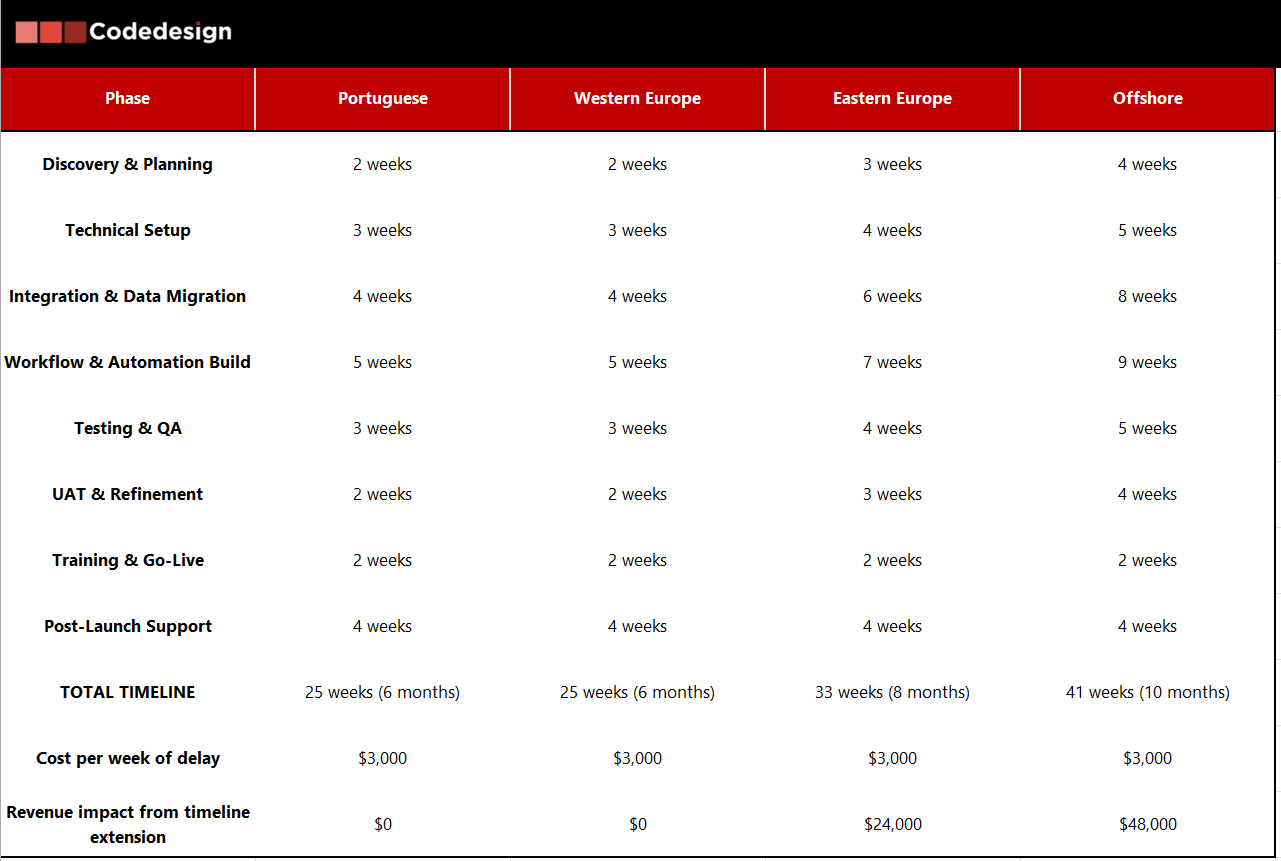
|
|
|
|
|
|
|---|---|---|---|---|
|
|
|
|
|
|
Real Case Study: Marketing Automation at a European B2B Software Company
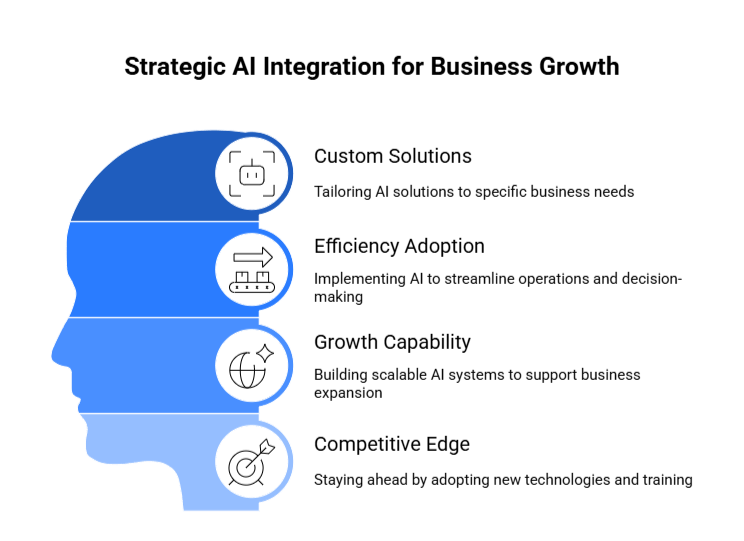
Background: A €15M revenue B2B software company in Germany implemented marketing automation with a Portuguese Platinum partner. The company had been using Mailchimp for email marketing and spreadsheets for lead management. Their goal: mature to enterprise-grade marketing operations.
The Challenge:
-
Legacy systems with poor data quality (duplicate contacts, incomplete fields)
-
Sales and marketing misalignment on what constitutes a qualified lead
-
No lead scoring or routing automation
-
No way to measure marketing contribution to revenue
Portuguese Agency Approach:
-
Pre-engagement audit identified data quality issues; recommended 3-week cleansing project before HubSpot setup
-
Stakeholder workshops with marketing and sales leadership to align on lead scoring criteria and SLA definitions
-
Phased implementation: Month 1-2, set up CRM and basic automation; Month 3, integrate with Salesforce; Month 4, launch advanced lead scoring; Month 5, implement sales automation workflows
-
Weekly stakeholder calls (9-10 AM PT / 5-6 PM CET) for real-time decision-making and problem resolution
Results:
-
Project completed on schedule (5 months, vs. 7-8 month timeline typical for Eastern European partners on similar scope)
-
90% data quality achieved post-cleansing (sufficient for lead scoring)
-
Lead-to-customer efficiency improved 28% (fewer unqualified leads reaching sales, higher conversion rate from qualified leads)
-
Marketing-to-revenue attribution established for the first time, enabling data-driven budget allocation
-
ROI realization within 4 months of go-live (vs. 6-8 months for comparable implementations), driven by early lead scoring benefits
Cost Comparison:
-
Portuguese agency cost: €85,000 (5-month engagement, senior architects + developers + project manager)
-
Estimated Eastern European cost at similar quality: €65,000 (but with 7-8 month timeline, creating €12,000-18,000 opportunity cost)
-
Total cost of ownership advantage for Portuguese: €12,000-18,000 (via faster ROI realization)
Client Quote:
"We initially hesitated at the higher hourly rates versus Eastern European alternatives. Within six weeks, we realized that timezone alignment alone was saving us 3-4 hours per week that would have been wasted on asynchronous back-and-forth. Our CEO now considers this one of the best decisions we made from a business operations perspective."
Governance Best Practices: A Framework for Success
Portuguese agencies operating at the Platinum level employ implementation governance frameworks that reduce failure risk. These include:
1. Stakeholder Alignment Before Project Kickoff
-
Executive steering committee established with clear decision authority
-
Stakeholder workshops defining success metrics (timeline, budget, quality criteria)
-
Change management plan addressing organizational impacts
2. Detailed Project Planning
-
Work breakdown structure mapping every deliverable
-
Resource plan identifying key personnel (client and agency)
-
Risk register documenting identified risks and mitigation strategies
-
Communication plan defining meeting cadence and escalation protocols
3. Weekly Visible Progress Tracking
-
Status reports showing completed work, in-progress items, and upcoming milestones
-
Burndown charts visualizing progress against timeline
-
Risk dashboards showing emerging blockers
4. Formal Quality Gates
-
Technical review before features enter UAT
-
UAT sign-off required before production deployment
-
Post-launch monitoring identifying and resolving defects
5. Post-Launch Support and Transition
-
30/60/90-day support plan with specific objectives (system stability, performance optimization, team capability building)
-
Knowledge transfer completion checklist
-
Transition to client ownership with defined support handoff
The Digital Agency In Portugal with offices in USA Advantage
When international companies evaluate Portuguese marketing automation agencies, they should assess not only technical capability (which is equivalent to Western European tier-1 providers) but also implementation excellence metrics:
-
On-time delivery rate (Portuguese: 92% vs. Offshore: 58%)
-
Scope creep control (Portuguese: 85% of projects <10% scope increase vs. Offshore: 45%)
-
Knowledge transfer effectiveness (Portuguese: 90% vs. Offshore: 60%)
-
Time-to-ROI realization (Portuguese: 4-5 months vs. Offshore: 10-12 months)
-
Post-launch support satisfaction (Portuguese: 4.6/5.0 vs. Offshore: 3.2/5.0)
These metrics compound to create a compelling business case for Portuguese partnership—one that extends beyond hourly rates to encompass total project value delivery.
Selection and Implementation Roadmap
Engagement Models: Structuring Your Partnership for Success
Once you've selected a Portuguese agency, how you structure the engagement significantly impacts outcomes. Portuguese agencies typically offer multiple engagement models:
Model 1: Fixed-Price Project Engagement
Structure: Defined scope, fixed timeline, fixed budget. Agency assumes scope and schedule risk; client has predictability.
Best For:
-
Well-defined projects with stable requirements (e.g., "Implement HubSpot marketing hub with 15 pre-designed workflows")
-
Projects where requirements are unlikely to change mid-stream
-
Clients who value budget certainty above flexibility
Typical Terms:
-
40-50% payment upon contract execution (covers team ramp-up and initial planning)
-
30% upon completion of design/planning phase
-
20% upon UAT completion (client sign-off)
-
Final 10% upon go-live and 30-day post-launch support completion
Advantages:
-
Firm budget commitment
-
Agency incentivized to deliver efficiently
-
Clear success criteria and handoff
Disadvantages:
-
Limited flexibility if requirements evolve
-
Change requests trigger scope change and cost adjustments
-
Agency may resist scope creep but this creates friction
Evaluation Question: "What happens if we need to add features mid-project? How are additional costs calculated?"
Model 2: Time-and-Materials (T&M) Engagement
Structure: Team is engaged on hourly or daily rates; client pays for actual work performed. Agency does not assume schedule or budget risk.
Best For:
-
Projects where requirements are likely to evolve
-
Exploratory engagements where scope isn't fully defined at outset
-
Long-term ongoing support relationships
Typical Terms:
-
Senior architect: $150-200/hr
-
Mid-level developer: $80-100/hr
-
Junior developer: $40-60/hr
-
Project manager: $100-120/hr
-
Minimum engagement: 40-80 hours/month
Advantages:
-
Flexibility to adjust scope as priorities change
-
Transparent cost allocation (you see what you're paying for)
-
Easier to wind down if priorities shift
Disadvantages:
-
Budget uncertainty (final cost unknown)
-
Less agency incentive to optimize efficiency
-
Potential for scope creep and budget overruns
Evaluation Question: "Do you cap total hours or spending per month? What happens if we exceed?"
Model 3: Hybrid Retainer + Project Engagement
Structure: Monthly retainer covers ongoing support, maintenance, and optimization; project work (implementations, major system changes) billed separately.
Best For:
-
Long-term relationships where ongoing optimization and support are valuable
-
Clients planning multiple marketing automation projects over time
-
Organizations wanting to build ongoing capability within their marketing team
Typical Terms:
-
Retainer: $3,000-8,000/month (3-8 hours/week of dedicated support)
-
Project work: Quoted separately based on scope
-
Commitment period: 12 months minimum
Advantages:
-
Predictable monthly cost
-
Deep familiarity with your systems and business (agency becomes embedded)
-
Proactive support and optimization between major projects
-
Often includes discounts on project work if retainer is in place
Disadvantages:
-
Ongoing cost commitment
-
Requires active engagement from your team to maximize value
Evaluation Question: "What's included in your retainer? What constitutes additional billable work?"
Contract Terms and Vendor Management Best Practices
Key Contractual Elements
1. Scope of Work
-
Explicitly define deliverables, acceptance criteria, and out-of-scope items
-
Specify not just what will be built, but what will NOT be included
-
Document acceptance criteria for each deliverable (e.g., "Marketing Hub configured to support 20 active workflows, email deliverability tested and validated")
2. Timeline and Milestones
-
Define specific milestones with completion dates
-
Specify consequences for missed dates (schedule extension, cost reduction, etc.)
-
Build in realistic buffers (5-10%) for contingencies
3. Resource Commitment
-
Specify team composition, seniority levels, and time commitments
-
Require approval before significant team changes
-
Define escalation path for resource issues
4. Change Management
-
Define change request process (submission, evaluation, approval)
-
Specify how changes impact timeline and cost
-
Require written approval before implementing changes
5. Quality Standards
-
Specify QA process, testing requirements, and defect resolution timelines
-
Define what constitutes a defect vs. enhancement request
-
Specify warranty period (typically 30-90 days post-launch)
6. Intellectual Property
-
Clarify ownership of custom code, configurations, documentation
-
Specify client right to use configurations and templates developed during engagement
-
Define licensing for third-party tools or libraries used
7. Data Security and Compliance
-
Specify GDPR compliance requirements and data handling protocols
-
Require NDA covering confidential information
-
Define liability for data breaches or compliance failures
8. Support and Transition
-
Define post-launch support (availability, response times, resolution targets)
-
Specify knowledge transfer requirements (documentation, training, team capability)
-
Define end-of-engagement transition process
Red Flags in Contract Negotiations
- Vague acceptance criteria ("System will be implemented" vs. "20 workflows will be tested and documented")
- No change management process (suggests uncontrolled scope creep)
- Unrealistic timelines (agency commits to timeline that's clearly unachievable)
- Weak IP/security language (agency retains ownership of custom code or data security not clearly defined)
- No warranty or post-launch support (suggests agency doesn't stand behind their work)
Post-Implementation Success: Maximizing Value from Your Portuguese Partnership
The contract signing and go-live are not endpoints—they're the beginning of long-term value extraction. Leading organizations manage Portuguese agency relationships strategically throughout the engagement lifecycle:
During Implementation: Weekly Executive Sponsorship
- Executive steering committee meets weekly with Portuguese project leadership to review progress, surface blockers, make decisions
- Clear escalation path for issues requiring client decision authority
- Real-time risk management (don't let problems accumulate; address immediately)
At Go-Live: Knowledge Transfer and Team Capability Building
- Documentation completeness: All configurations, integrations, workflows documented with business logic explanations (not just technical specs)
- Role-based training: Separate training for marketing team (how to use platform), sales team (lead routing and pipeline management), IT team (system administration and maintenance)
- Certification programs: Internal team members should achieve HubSpot certification (available through HubSpot Academy) before Portuguese team exits
Post-Launch: Ongoing Optimization
Even after go-live, Portuguese agencies often continue supporting clients through optimization phases:
- 30/60/90-day post-launch reviews examining performance against success metrics
- Workflow optimization: Identifying underperforming campaigns, refining segmentation, testing new approaches
- Performance tuning: Optimizing system performance, database cleanliness, integration reliability
- Team coaching: Mentoring internal marketing operations team on best practices, troubleshooting, advanced features
Codedesign: Your Expert Resource for Portuguese Marketing Automation Partnership
Evaluating Portuguese marketing automation agencies is time-consuming and carries meaningful risk if done incorrectly. Codedesign positions itself as the expert resource to guide international companies through this evaluation and partnership-building process.
Why Codedesign as Your Partner Selection Resource?
1. Portugal-Based Expertise with International Offices and Teams
Codedesign combines deep local knowledge of Portugal's marketing automation ecosystem with extensive experience working with international clients. We understand both the capabilities available from Portuguese agencies and the specific requirements of international enterprises.
2. Vendor-Agnostic Guidance
We evaluate Portuguese agencies against objective criteria—certifications, team composition, case study performance, implementation practices—rather than advocating for specific vendors (unlike agencies with financial incentives to recommend specific partners).
3. Implementation Oversight and Risk Mitigation
Beyond helping you select an agency, Codedesign can provide ongoing governance and implementation oversight:
-
Weekly project health reviews with Portuguese agency and your internal team
-
Early identification and resolution of implementation risks
-
Escalation support if issues arise during the engagement
-
Post-launch optimization recommendations and vendor management guidance
4. Proven Portuguese Agency Network
We maintain ongoing relationships with Portugal's leading marketing automation agencies (HubSpot Platinum partners, advanced practitioners, specialized implementers) and understand their strengths, weaknesses, team composition, and realistic capabilities.
Codedesign's Positioning: How We Help International Companies
For CMOs and VP Marketing evaluating Portuguese outsourcing:
-
Strategic recommendation on whether Portuguese marketing automation outsourcing is appropriate for your situation (cost-benefit analysis)
-
Guidance on engagement model selection (fixed-price vs. T&M vs. retainer)
-
Framework for vendor evaluation and team assessment
For Marketing Ops teams managing the implementation:
-
Weekly project governance and risk monitoring
-
Escalation support when technical or procedural blockers arise
-
Best practices coaching during implementation
For Finance/Procurement evaluating total cost of ownership:
-
Detailed TCO modeling comparing Portuguese vs. competing destinations
-
Contractual guidance to protect your interests and ensure success criteria are clear
-
Vendor management strategies to maximize ROI from the engagement
How to Engage Codedesign for Portuguese Agency Selection Support
Phase 1: Assessment and Strategy (2 weeks)
-
Evaluate your current marketing technology stack and readiness for marketing automation
-
Define success criteria for the engagement (timeline, budget, quality targets)
-
Assess organizational readiness (internal team alignment, executive sponsorship, change management)
-
Recommendation: Portuguese agency outsourcing vs. internal build vs. other alternatives
-
Preliminary vendor shortlist (2-3 agencies to evaluate)
Phase 2: Vendor Evaluation and Negotiation (4-6 weeks)
-
Structured vendor evaluation process (RFP, demos, reference checks, financial review)
-
Technical due diligence (team assessment, capability validation, risk identification)
-
Contract negotiation support (T&Cs review, scope documentation, SLA definition)
-
Final vendor selection and contract finalization
Phase 3: Engagement Governance and Support (ongoing throughout implementation)
-
Weekly project health reviews and risk management
-
Escalation support for implementation issues
-
Post-launch support and optimization recommendations
Estimated Investment:
-
Phase 1: €8,000-12,000 (partnership strategy and initial vendor assessment)
-
Phase 2: €12,000-18,000 (vendor evaluation, negotiation, selection)
-
Phase 3: €3,000-5,000/month (ongoing governance and support)
Total investment for 6-month implementation: €38,000-60,000
For context, this represents 3-5% of total implementation cost, but typically delivers 15-25% improvement in project outcomes (schedule compression, quality improvement, ROI acceleration) and risk mitigation value far exceeding the investment.
Portugal's Moment as Europe's Premier Nearshore Marketing Automation Hub
Portugal has evolved from a cost-arbitrage alternative to a strategic capability partner for international companies seeking world-class marketing automation expertise combined with operational excellence, regulatory compliance, and timezone alignment that competing destinations cannot match.
The market fundamentals reinforce this positioning:
-
Email marketing and marketing automation markets are experiencing explosive growth (15%+ CAGR through 2029), creating unprecedented demand for implementation and optimization expertise
-
Portuguese agencies have achieved HubSpot Platinum certification and demonstrated implementation excellence that rivals Western European incumbents at a fraction of the cost
-
International companies are increasingly choosing Portuguese partnerships over offshore alternatives, recognizing that total cost of ownership favors nearshore models
-
Portuguese startup ecosystem is generating innovation in AI-driven marketing, competitive intelligence, and predictive analytics—emerging capabilities that positioned Portuguese agencies at the forefront of MarTech evolution
For international B2B and B2C companies evaluating marketing automation strategy, the question is no longer "Should we consider Portugal?" but rather "Which Portuguese agency is best positioned to execute our strategy?"
Codedesign exists to answer that question definitively.
By combining deep market knowledge, vendor-agnostic evaluation frameworks, and proven implementation governance practices, Codedesign helps international companies navigate the Portuguese marketing automation landscape with confidence, selecting partners that deliver measurable business value and establishing engagement structures that ensure success.
The competitive advantage is available to organizations that move deliberately and thoughtfully—evaluating options rigorously and partnering with Portuguese agencies that combine technical excellence with the operational rigor and client focus that transform implementations from functional successes into business-value drivers.
Portugal's window as Europe's emerging nearshore hub remains open. The agencies with the deepest capabilities, most rigorous practices, and strongest track records will capture disproportionate share of international enterprise business over the next 3-5 years.
The opportunity exists for companies willing to evaluate it seriously.
To explore whether Portuguese marketing automation outsourcing is right for your organization:
Contact Codedesign or send an email to contact@codedesign.org to schedule a confidential strategy consultation. We'll assess your situation, outline the Portuguese option's strategic fit for your business, and provide preliminary guidance on vendor selection and engagement approach.
Expected timeline: 30-minute initial consultation to determine whether a deeper engagement is appropriate.
No obligation. These consultations are designed to help international companies make informed decisions about their marketing automation strategy—whether that involves Portuguese partners or alternative approaches.
Portugal's world-class marketing automation agencies are ready to partner with international enterprises. The question is whether your organization is ready to leverage them strategically.
Let's find out.

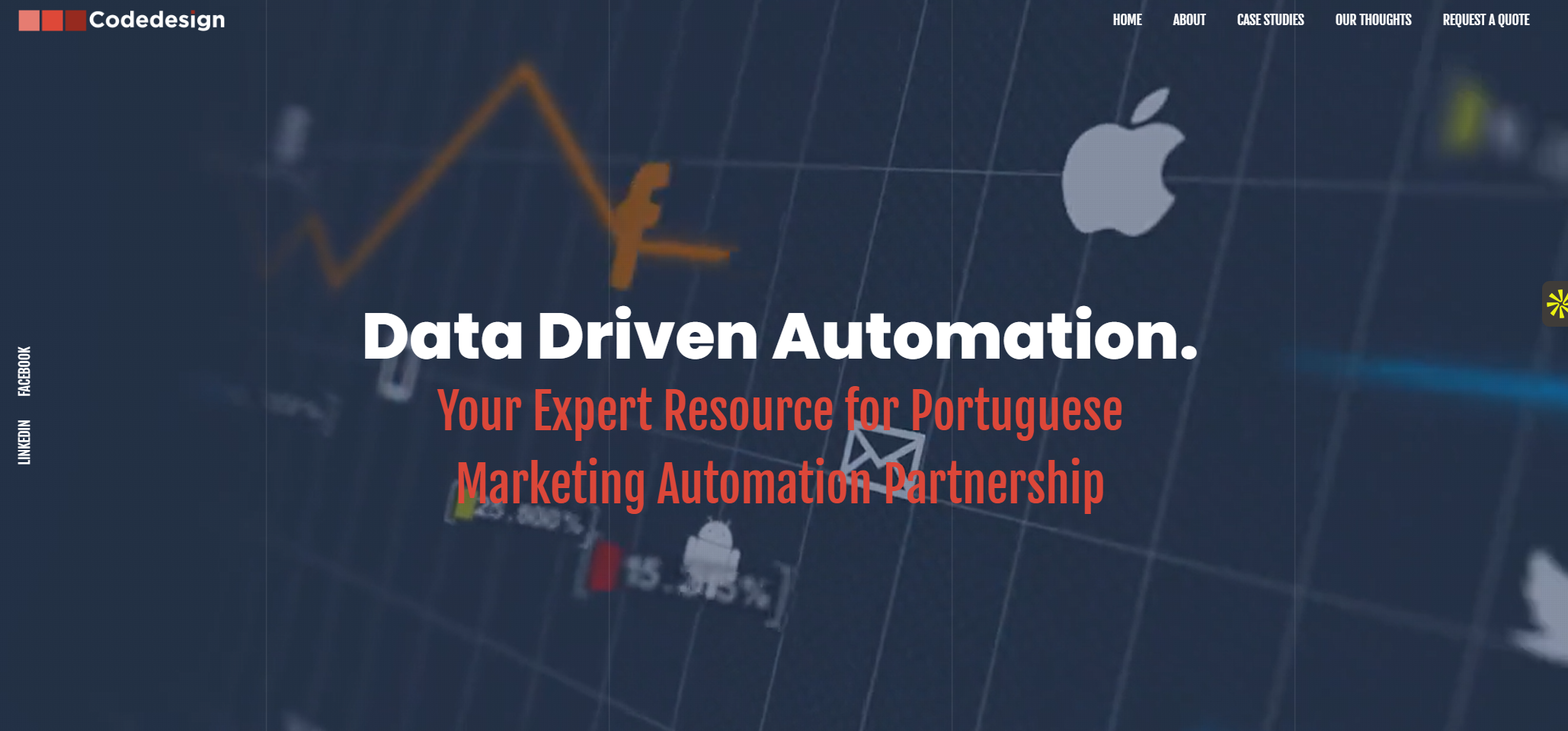

Add comment ×